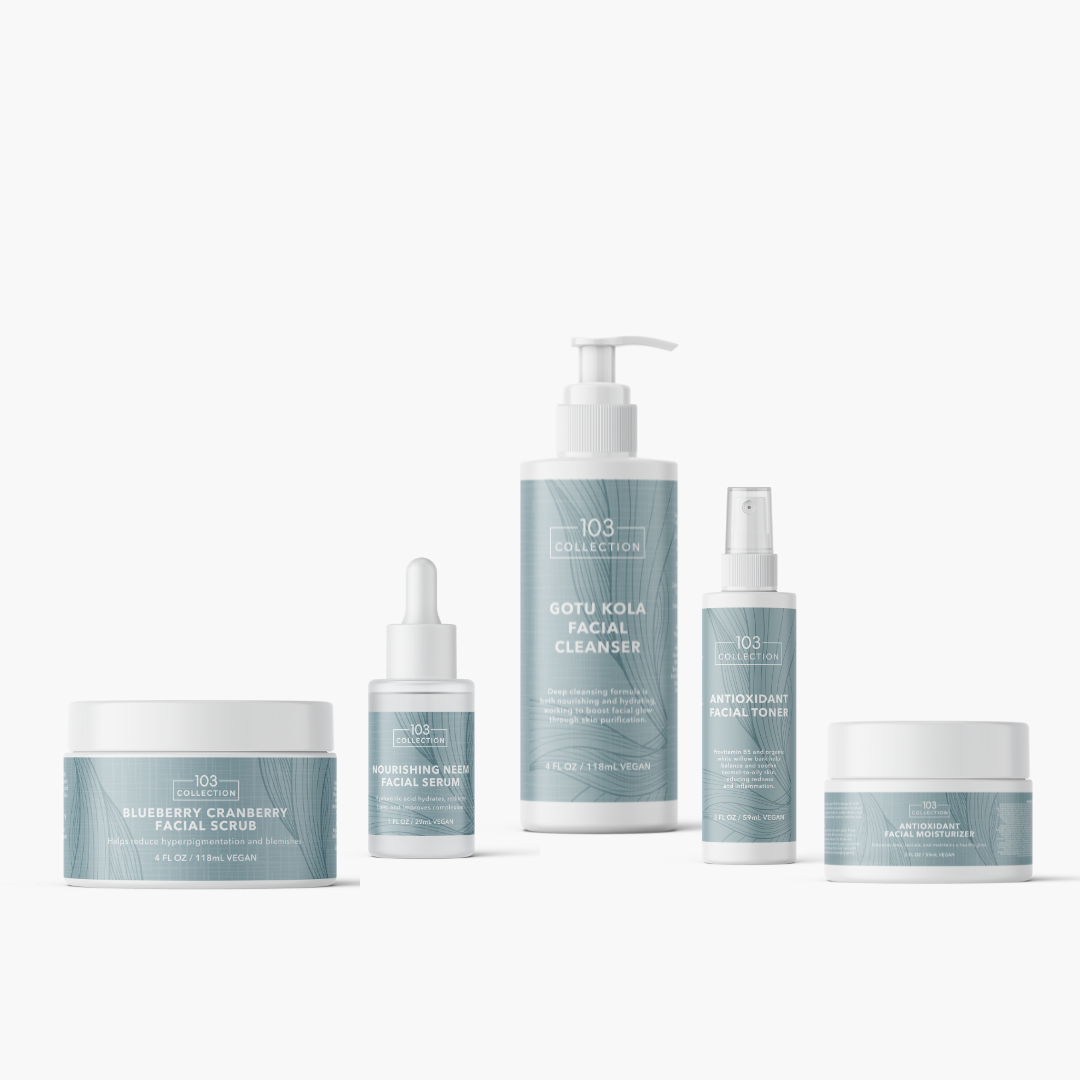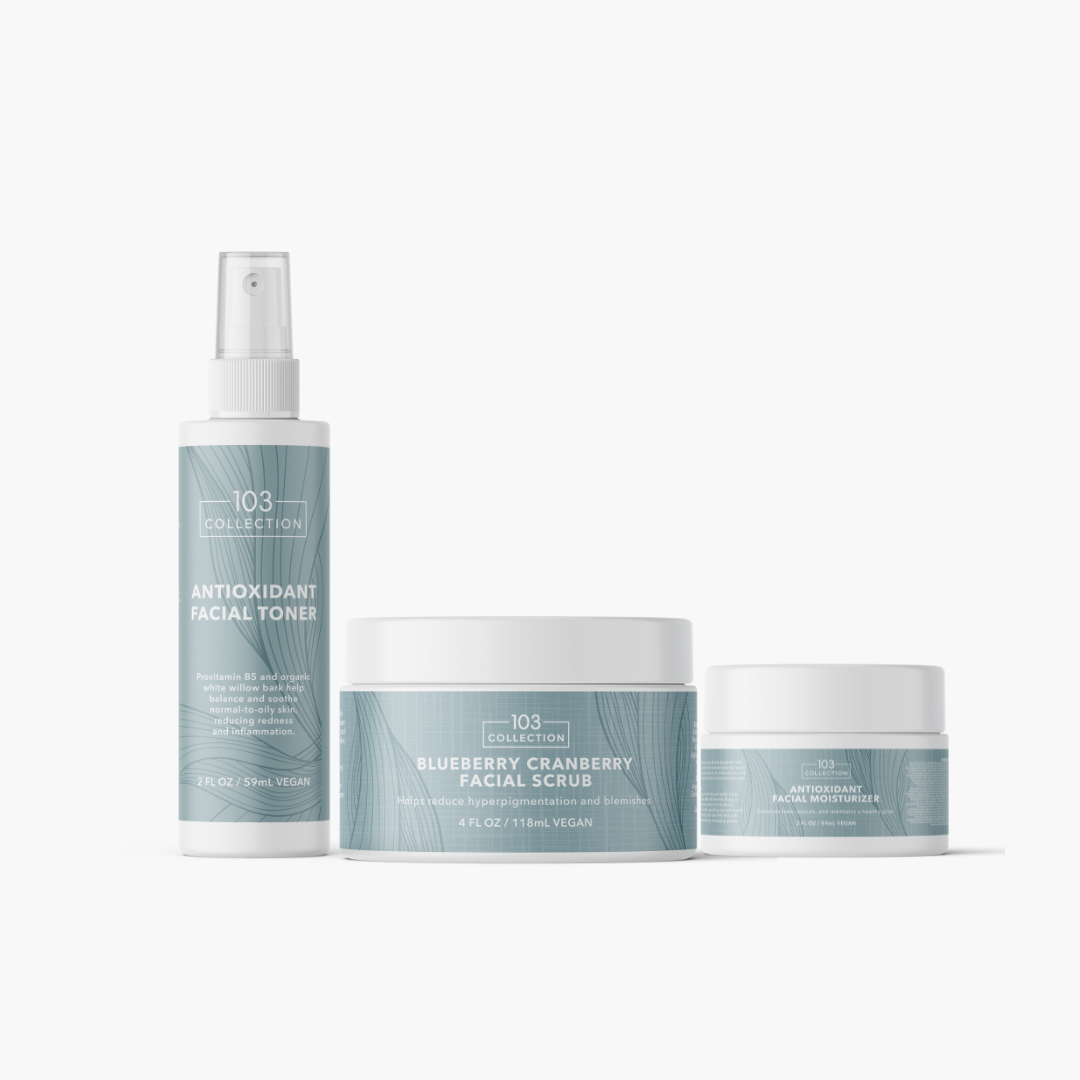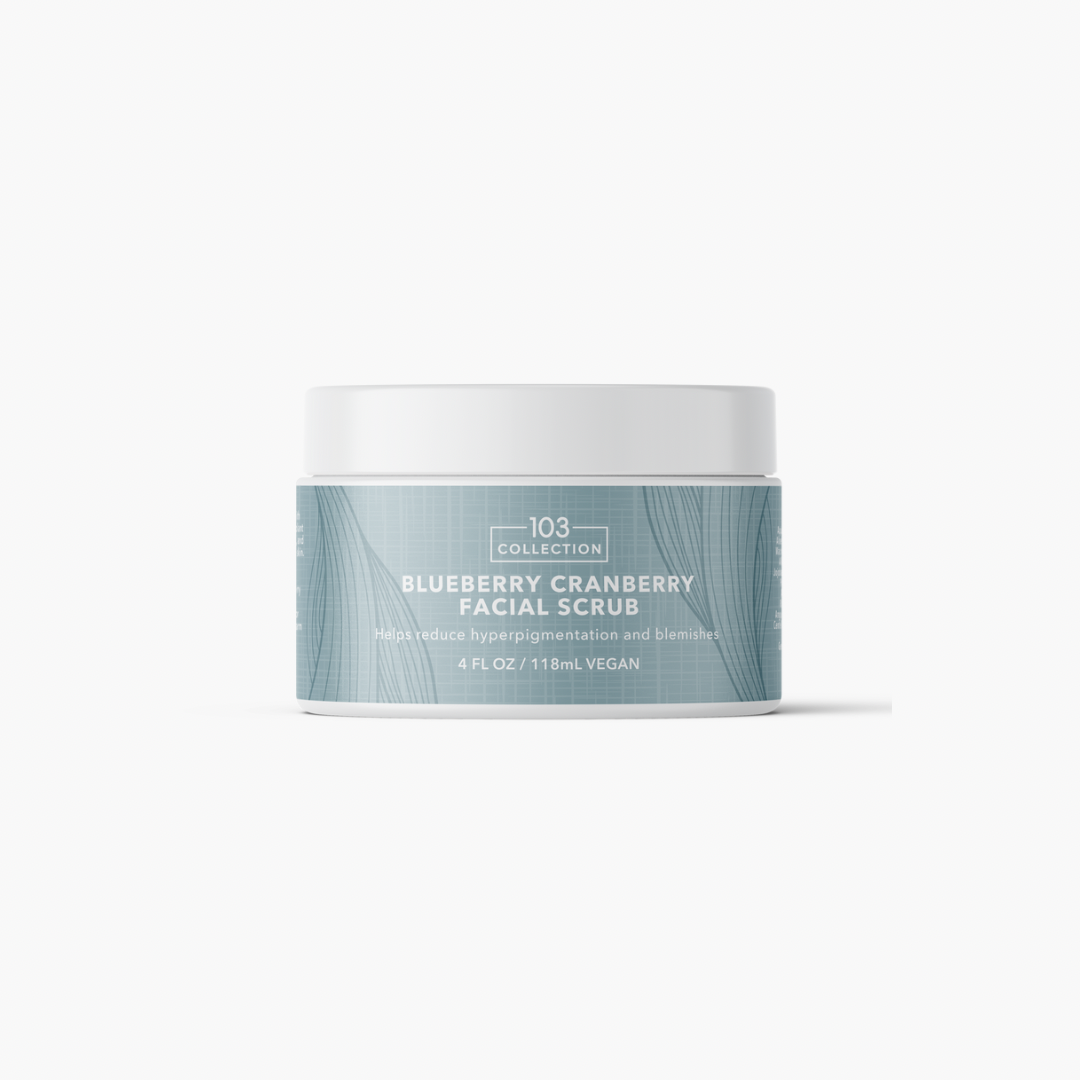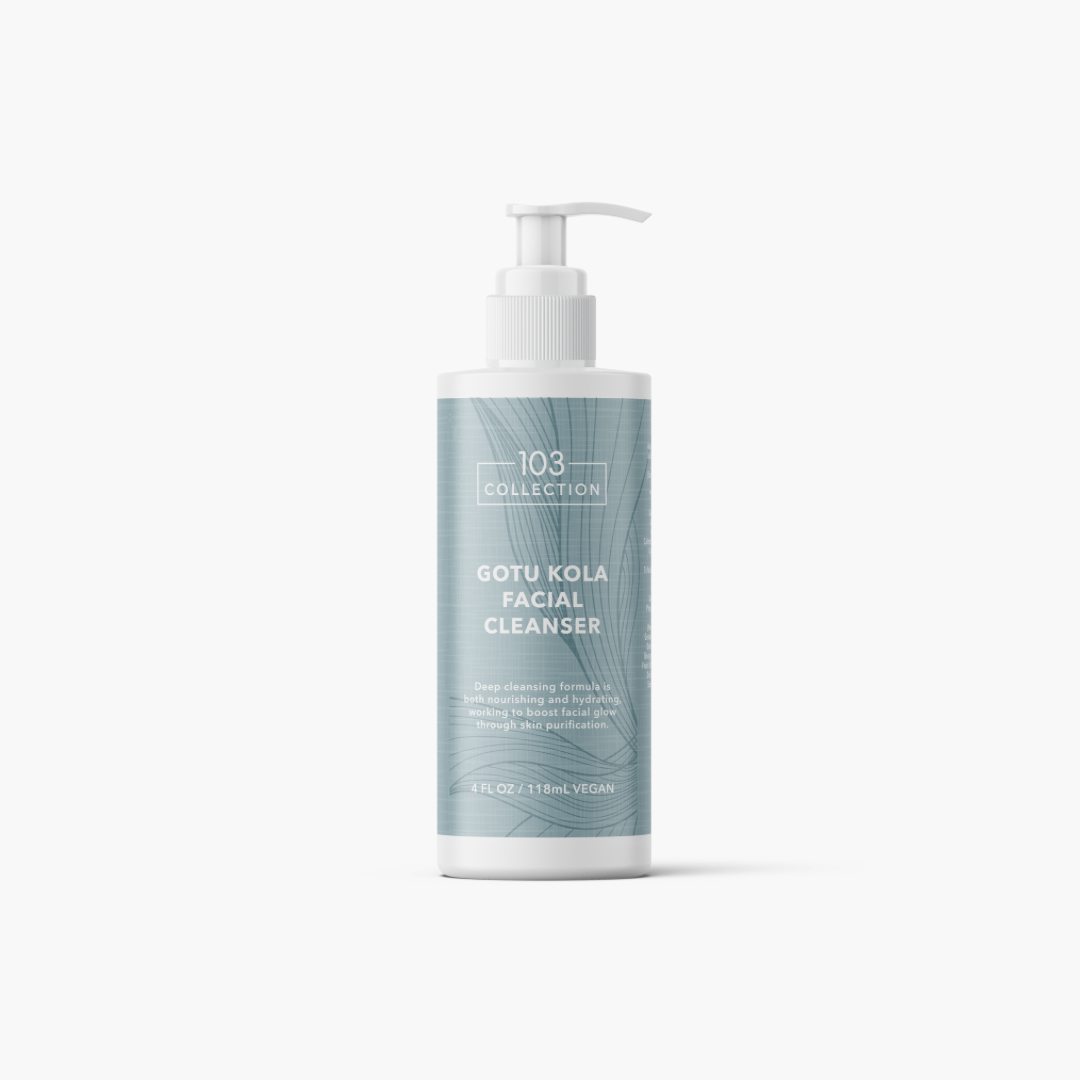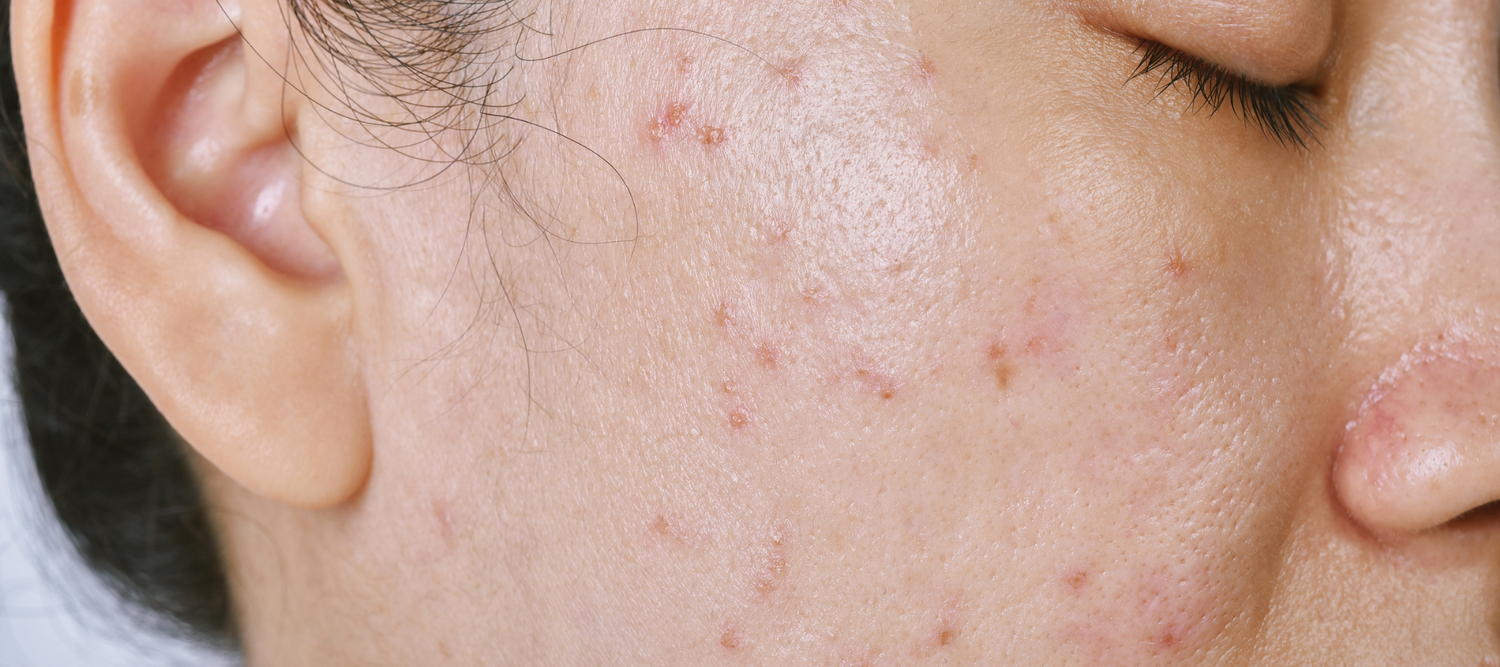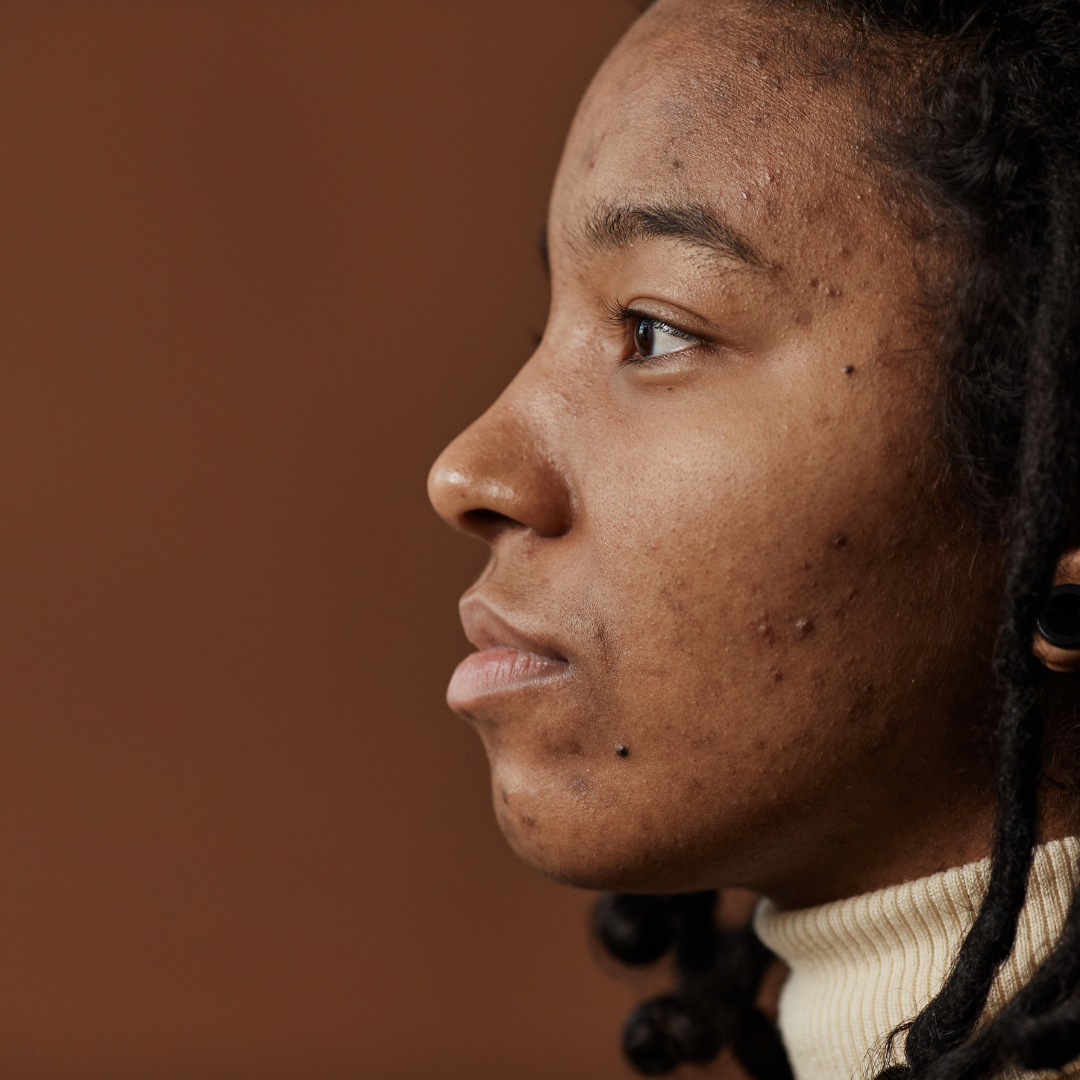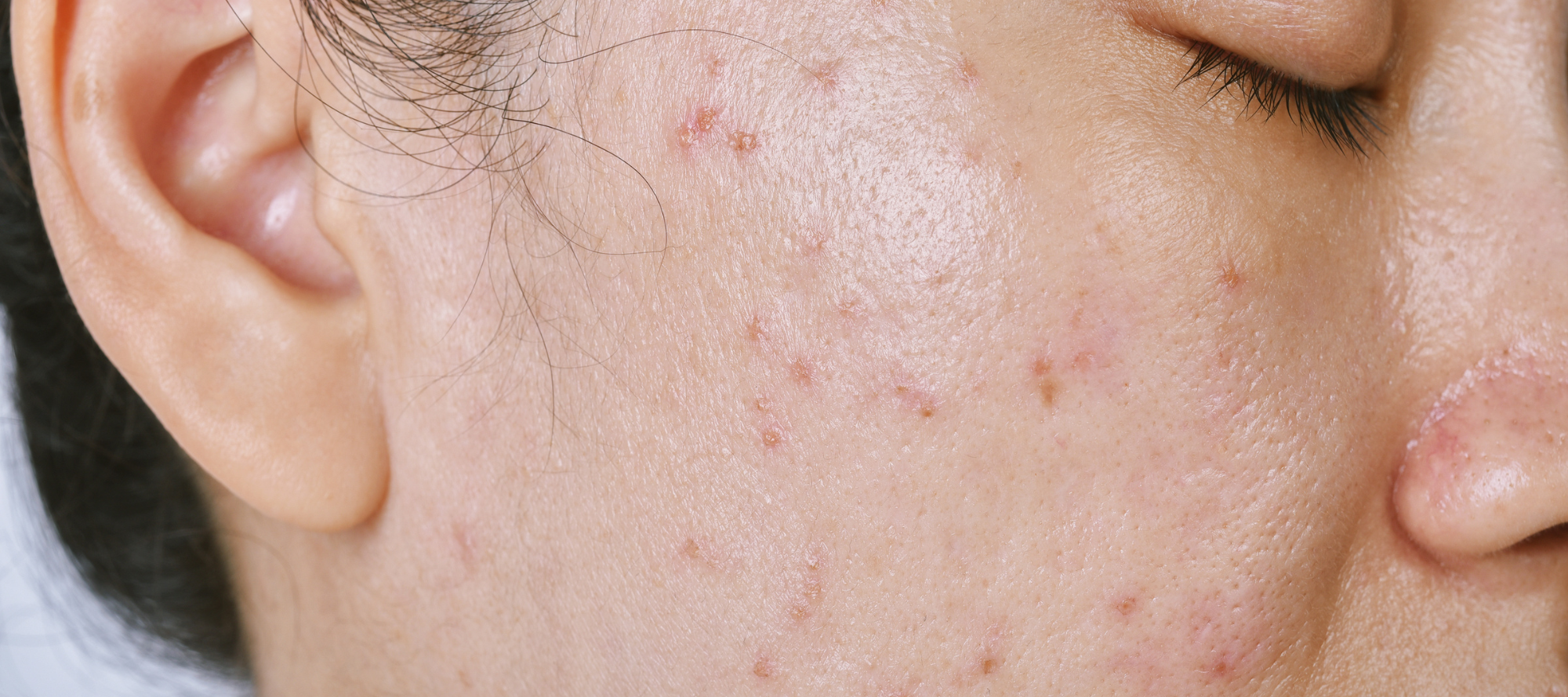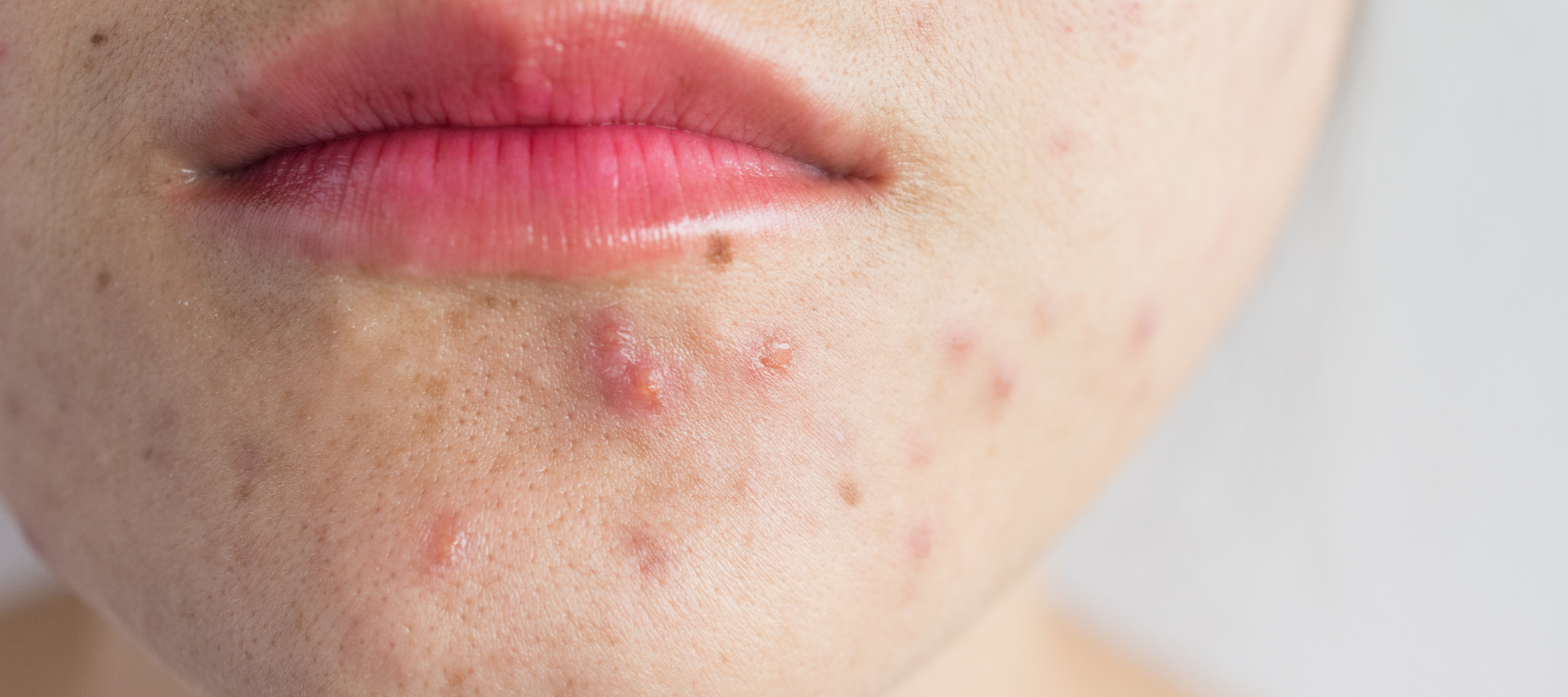We understand the impact of acne on your confidence and well-being. That's why we've curated this comprehensive resource to help you prevent, treat, and nurture your skin. Explore the following sections to embark on a journey towards clear and radiant skin.
Understanding acne is the foundation for achieving clear and healthy skin. As you dive into our resource page, explore the tailored advice and solutions designed to empower you on your journey towards radiant, acne-free skin.
-
What Is Acne?
Acne is a common skin condition that affects people of all ages. Learn about the different types of acne, what causes breakouts, and how to identify your skin type. Understanding acne is the first step towards effective prevention and treatment.
-
Preventing Acne
Discover practical tips and habits to keep your skin clear. From establishing a consistent skincare routine to making lifestyle changes, we provide actionable advice to help you prevent acne before it starts.
-
Treating Acne
If you're dealing with acne, our treatment guide offers insights into various skincare ingredients, products, and routines to help you manage and reduce breakouts. Explore effective strategies for different types of acne, including whiteheads, blackheads, and cystic acne.
TYPES OF ACNE
-
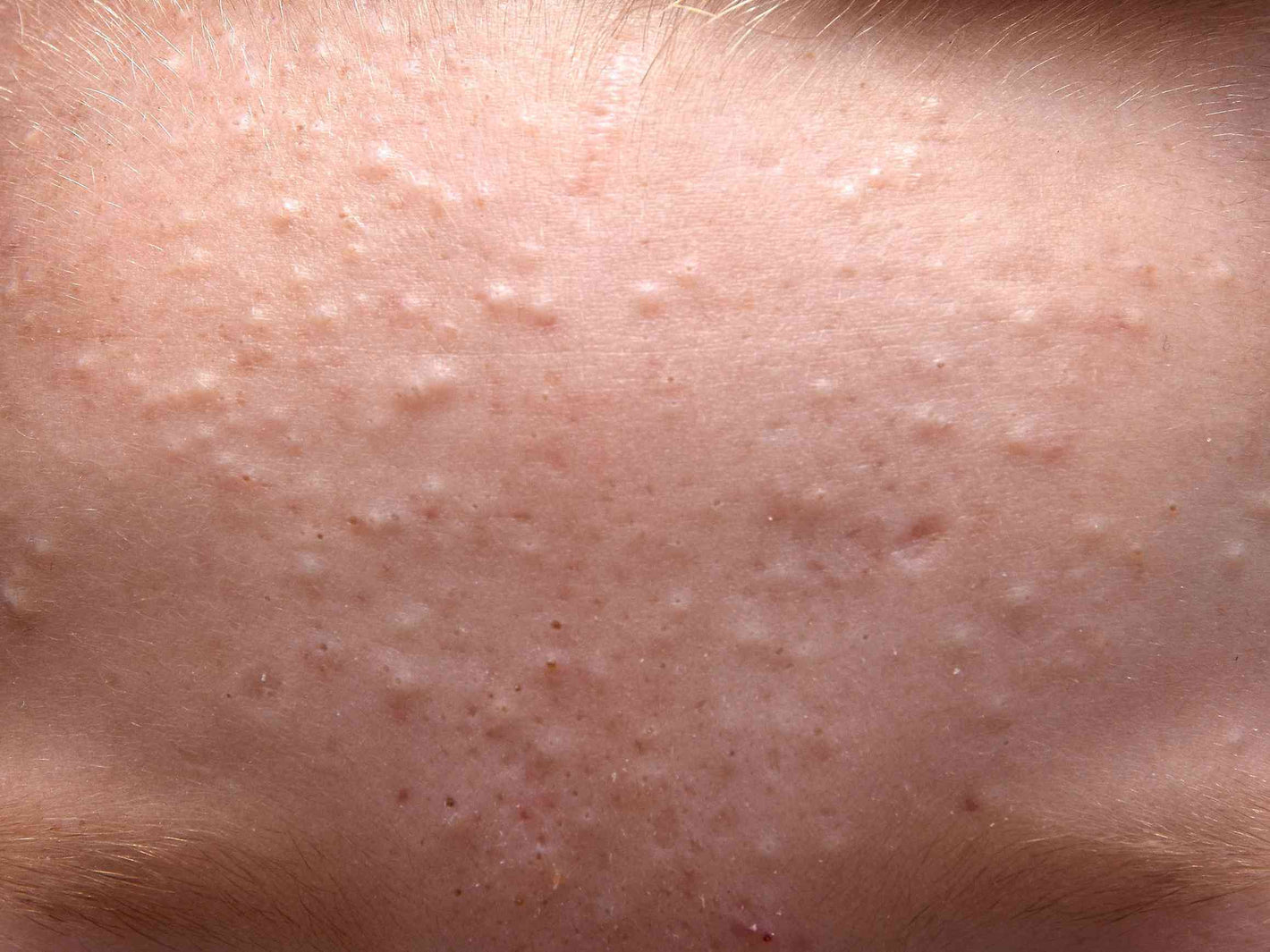
COMEDONES
These are non-inflammatory acne lesions and can be either open (blackheads) or closed (whiteheads).
-
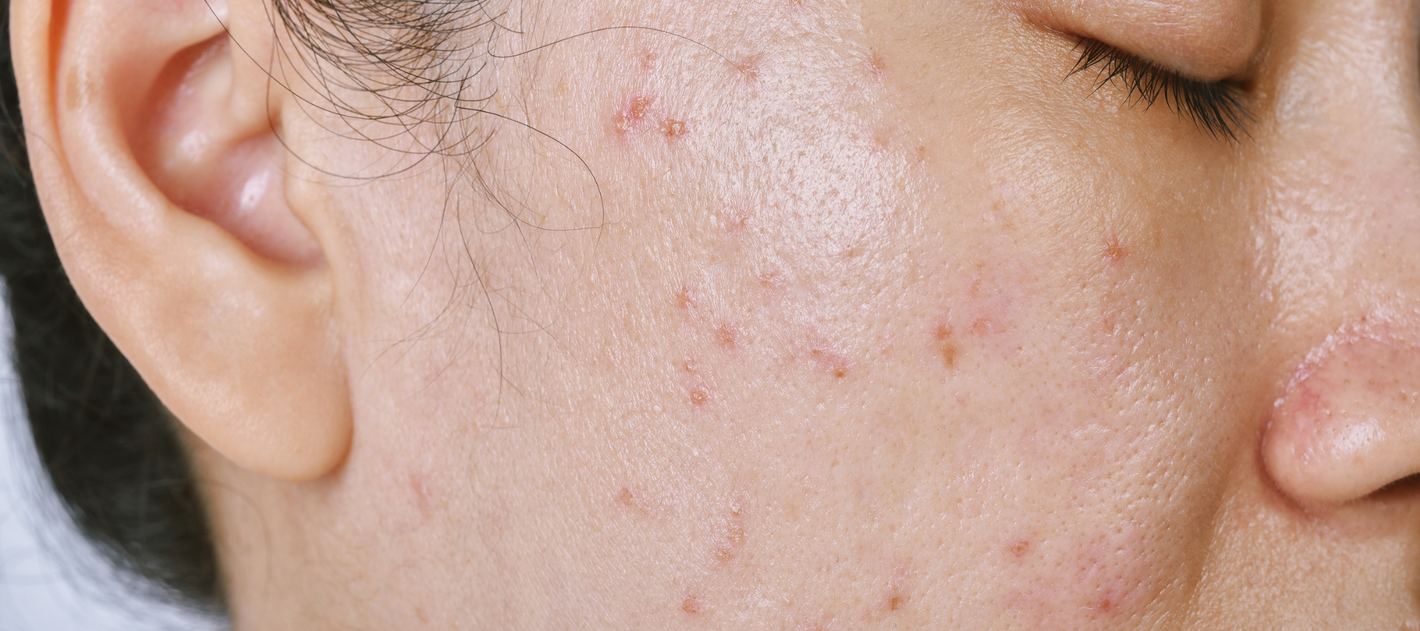
PAPULES
Small, raised, red bumps that signal inflammation in the hair follicles.
-
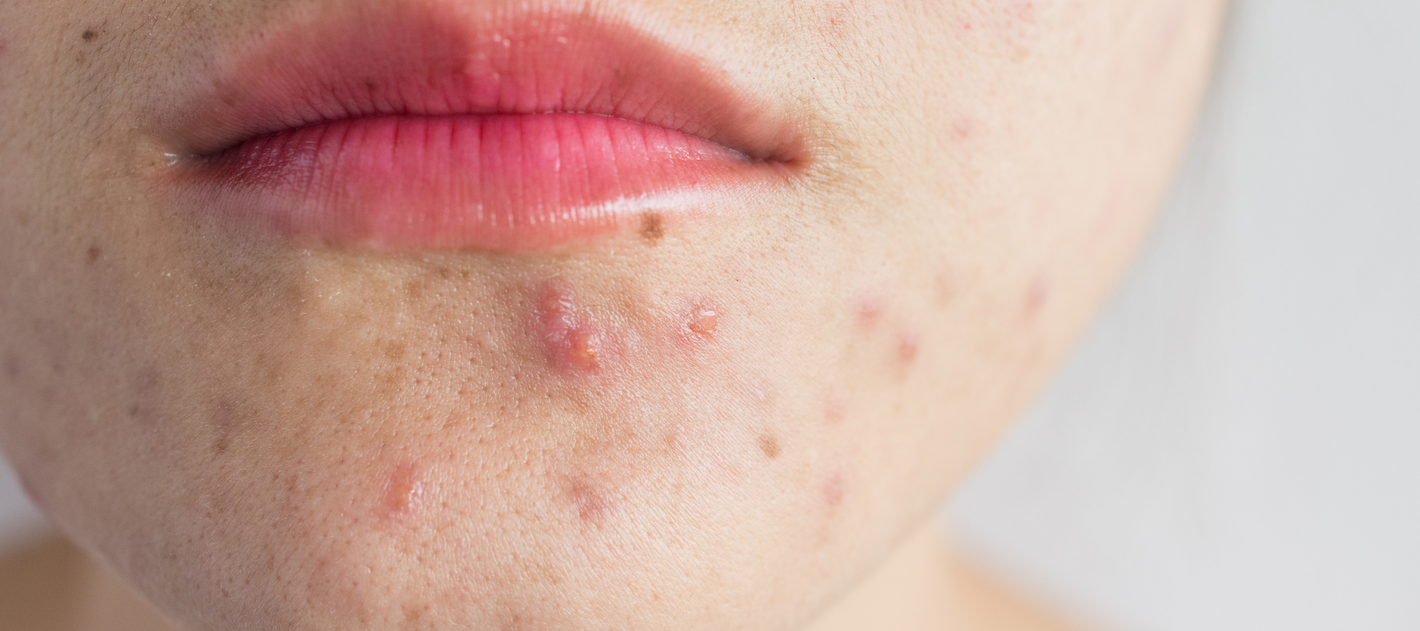
PUSTLES
Similar to papules but contain pus at their tips, giving them a white or yellowish appearance.
-
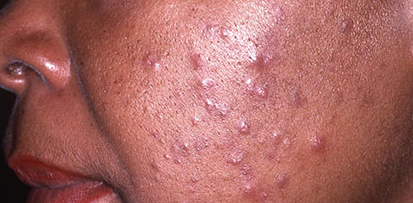
NODULES
Large, painful, solid lesions that form deep within the skin.
-
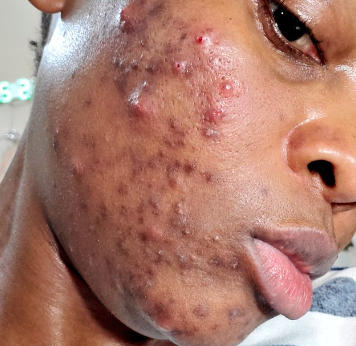
CYSTS
Severe, painful, fluid-filled lumps beneath the skin, often leaving scars.
CAUSES OF BREAKOUTS
Excess Sebum Production
Overproduction of skin oil, known as sebum, can clog pores and contribute to acne.
Clogged Hair Follicles
When hair follicles become blocked with dead skin cells, it creates an environment for acne to develop.
Bacterial Infection
Propionibacterium acnes, a bacterium that resides on the skin, can multiply and lead to inflammation.
Hormonal Changes
Fluctuations in hormones, particularly during puberty, menstruation, or pregnancy, can trigger acne.
Dietary Factors
Some studies suggest a link between certain foods and acne, although individual responses may vary.


Identify Your Skin Type
Understanding your skin type is essential for tailoring an effective skincare routine. Common skin types include:
- Oily: Prone to excess sebum production, leading to shiny skin and increased risk of acne.
- Dry: Lacks moisture, often resulting in flakiness, redness, and irritation.
- Combination: A combination of both oily and dry areas on the face.
- Normal: Well-balanced with minimal sensitivity and few imperfections.
- Sensitive: Prone to irritation, redness, and reactions to certain products.
How To Prevent Acne
-
Holistic Approach
Preventing acne involves adopting a holistic approach that addresses various factors contributing to breakouts. Start with a gentle cleansing routine, using a mild, non-comedogenic cleanser to remove impurities without irritating the skin.
-
Exfoliation
Regular exfoliation helps prevent the accumulation of dead skin cells, reducing the risk of clogged pores. Choose skincare and makeup products labeled non-comedogenic to avoid pore blockage. Maintain a balanced diet rich in fruits, vegetables, and whole grains, as certain foods can impact skin health.
-
Well-Being
Manage stress through activities like meditation or exercise, as stress can contribute to hormonal imbalances triggering acne. Finally, avoid touching your face, stay hydrated, and consider eco-friendly and cruelty-free skincare options to promote both skin health and overall well-being.
BLOG
